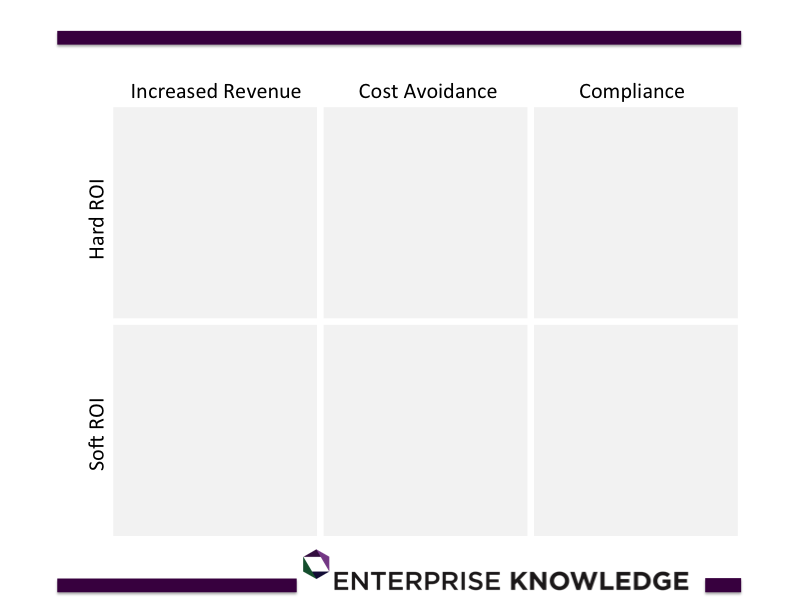I am sure many of you have been following the the GM ignition switch recall. The Washington Post has an interesting article on what happened the other day. As I read the story, it painted a clear picture for me of the importance of knowledge management (KM) at large organizations and the potentially massive cost that may follow from a failure to achieve it. Quotes like the following suggest that GM had significant problems with KM throughout the organization.
“The report lays bare a company that operated in “silos,” with employees who didn’t share information and didn’t take responsibility for problems or treat them with any urgency.”
GM has been dealing with crisis after crisis for years now. It is easy to surmise that KM wasn’t a priority as they were fighting other fires. Unfortunately, it is all too easy to dismiss KM initiatives as not bringing enough value to the bottom line. However, in this case, the cost of missing KM was at least
- $35MM fine; and
- $1.5B in compensation to the injured parties.
Given those numbers, KM is clearly a wise investment. Unfortunately, very few people know how to build a strong case for Knowledge Management. This is where outside experts can help. Enterprise Knowledge (EK) has helped a number of large organizations develop business cases for KM initiatives. Our KM business case workshop is an important aspect of that business case development.
All of our business case engagements begin with one or more workshops. We use the workshops to educate our clients about how we build a business case and to gather information about the potential benefits of the proposed KM initiative.
We begin our workshops with a discussion on ROI. The first and most important thing to understand is the difference between hard and soft ROI. A hard ROI is a return that can be directly associated to profit/loss for the organization. A good example of hard ROI is when a manufacturer lowers the cost of one of the parts they use to manufacture their product. Each sale of the product generates more profit. A soft ROI is a return that cannot be directly associated or measured but still holds perceived value for the organization. Financial executives are looking for projects that have hard ROI. Soft ROI is not counted in the same way that hard ROI is, but it can still help support a business case by painting a complete picture of potential benefits.
Once our customers understand hard and soft ROI, we introduce our Business Case Board. The Business Case Board is a tool we use to help people think about the benefits of the proposed initiative. The Board helps our clients properly identify benefits to the project across three different categories:
- Increased Revenue
- Cost Avoidance
- Compliance
A blank business case board is pictured below.
We have found that these categories help our customers identify more benefits. Most people consider one area for their business case. Typically they select either increased revenue or cost avoidance. The Business Case Board reminds the people in the workshop to consider a wider range of benefits. This is particularly important with compliance, as it is often overlooked. Compliance can be a strong driver for a KM business case, as it would have been in the case of GM.
By the end of the workshops we have collected and organized all of the project benefits. These benefits will form the basis of our business case. The completed business case distills all of the benefits into a single request. The request includes the estimated cost of the project along with the financial benefits gained by completing the project. Hard ROI initiatives count dollar for dollar toward the business case. Soft ROI initiatives are used as backup if the hard ROI cannot justify the initiative alone and, as stated above, help to paint a complete and compelling picture of the desired end state. Depending on the organization, the Return on Investment should typically be fully realized within 1-3 years. We will share more details on how we put together the final business case in a future blog post.
As you put together your business case, remember that every other initiative is competing for the same set of money. Most initiatives lack strong, well thought out business cases. If your KM team can make a strong case for your project, you greatly increase the likelihood of getting funded.
Our consultants are experts at making the case for KM, having seen what works and doesn’t work at hundreds of organizations around the world. Leverage us to help you get the funding you need for your next KM initiative.

